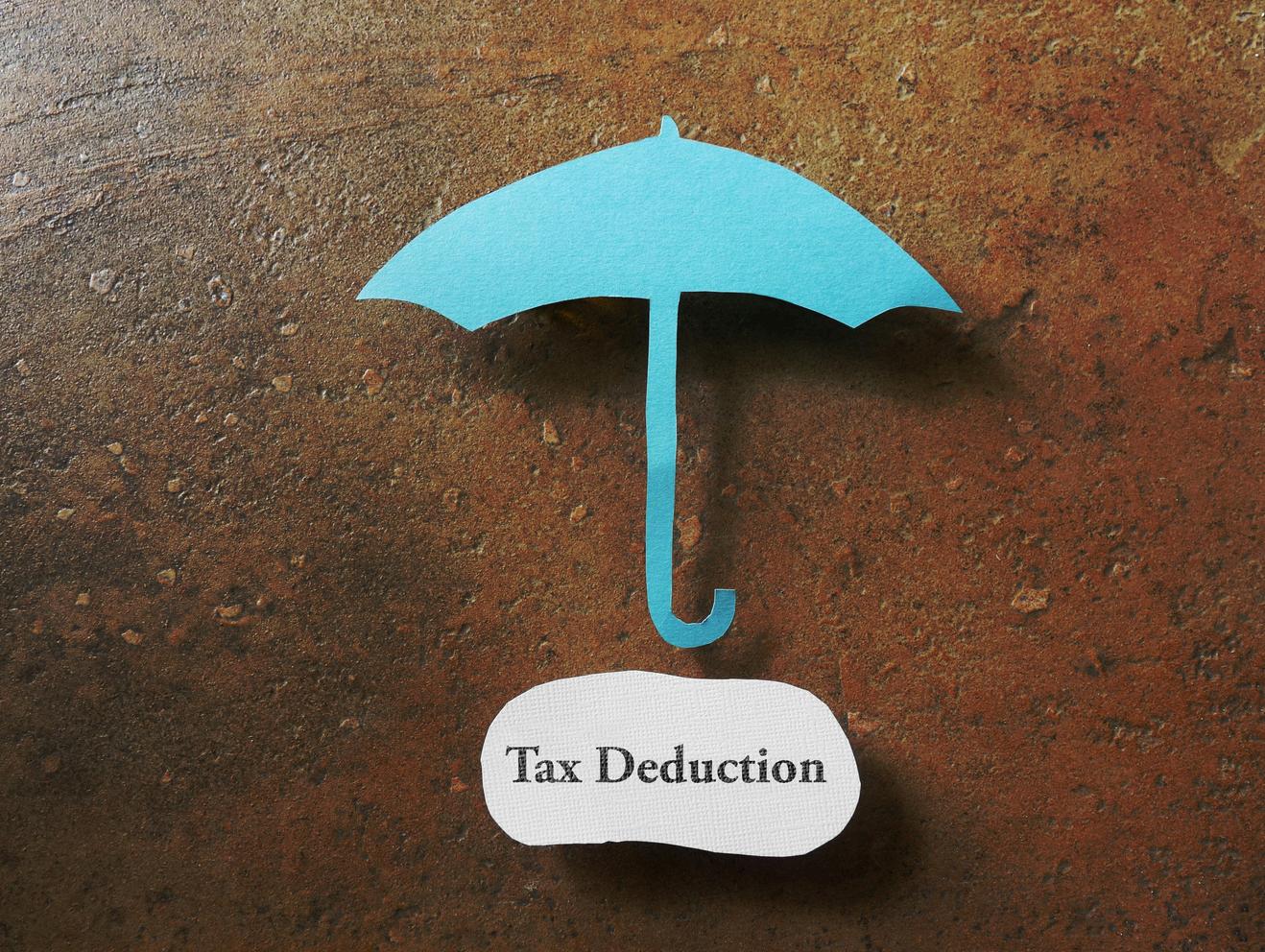






Business loans are crucial for the growth and dayto-day operations of your business, but come tax time, you might wonder, “Can I claim any deductions for the interest on these loans?

Understanding these deductions is vital because it can significantly reduce your tax liability, freeing up funds that can be reinvested into your business. But, there’s a catch – not all loans qualify, and you have to meet specific requirements to ensure the interest is deductible.




The short answer is YES – but it’s important to note that only the interest on your business loan is tax deductible.

You cannot deduct the principal repayment (the actual amount you borrowed).
So, what qualifies? The loan must be used for legitimate business purposes only. Personal expenses won’t cut it.
To deduct the interest on a business loan, the loan must be used for business activities. This includes:
Purchasing Equipment: Whether you need a new computer or manufacturing equipment, the loan interest can be deducted.
Paying Salaries: If you’re using the loan to cover payroll costs, the interest is eligible.
Renting Office Space: Any loan used to lease office or retail space qualifies for the deduction.
Working Capital: This includes loans for inventory or managing cash flow.
What doesn't count? If the loan is used for personal expenses, like a vacation or buying personal property, the interest on that loan is not deductible.



Not all loans are created equal, and the type of loan you take can affect whether you can claim a tax deduction. Here’s a breakdown:
Term Loans: These are your standard loans with a fixed repayment schedule. If you used the loan for business purposes, the interest is deductible.
Business Lines of Credit: Like a business credit card, this type of loan allows you to borrow, repay, and borrow again. Interest paid on these funds used for inventory or working capital is deductible.
Short-Term Loans: Typically used for immediate needs, like cash flow gaps. Though they may have higher interest rates, the interest is still deductible as long as the loan is used for business purposes.
Personal Loans for Business: Yes, even personal loans can be deductible if the funds are used for business expenses. The key is to separate personal and business expenses to avoid IRS complications.

The IRS requires solid proof of how the loan was used. Without proper documentation, you could risk losing out on your deductions.
To back up your claim, you should keep:
Loan Agreements: Keep a copy of the loan agreement outlining the terms.
Bank Statements: Show exactly how and when you made interest payments.
Receipts: For any business expenses you financed through the loan.
This detailed documentation isn’t just useful for deductions
– it protects you in case of an IRS audit.





While the interest on business loans is generally deductible, there are some important exceptions to keep in mind:

Personal Expenses: If the loan is used for personal needs, like buying a car or taking a vacation, the interest on that loan is not deductible.
Poor Documentation: If you fail to track or document the loan’s usage, the IRS may challenge the deduction.
Remember, the loan must be directly linked to business activities.
It’s important to understand the difference between principal and interest when it comes to tax deductions:
Principal Repayments: The amount you borrowed is not tax-deductible.
Interest Payments: The interest you pay on the loan is deductible.

Remember, while the loan amount must be repaid in full, only the interest portion lowers your tax bill.




The good news:

Interest on business loans is usually deductible, helping you lower your taxable income.
Make sure the loan is used for business purposes.
Keep accurate documentation for everything.
When in doubt, consult a tax professional to ensure you’re maximizing your deductions and staying compliant.

